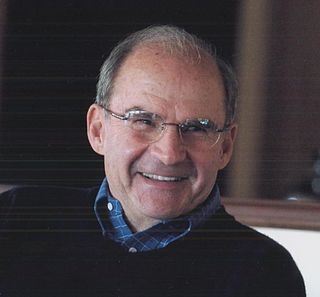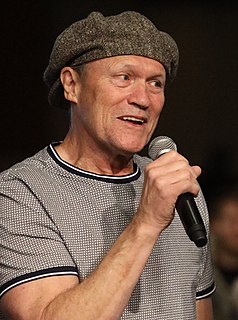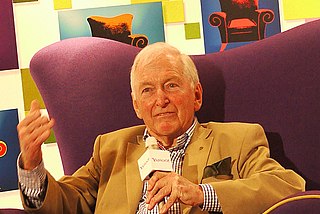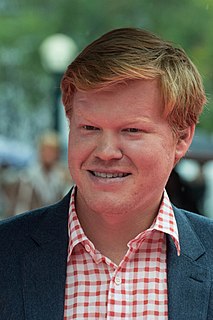A Quote by Wayne Dyer
When I was an orphan, I was the richest kid at the orphanage because everyone else was complaining about not having anything. But when I discovered that you could get two cents for a Coca-Cola bottle, I would follow people around who were drinking it and ask them if they were almost through with it.
Related Quotes
Coca-Cola is little more than sugar, some flavoring, and lots of (carbonated) water. It is largely indistinguishable from innumerable other brands of cola, yet people around the world seem to think that Coca-Cola is something and they are eager to ask for it by name and even to pay a premium for it.
Take the folks at Coca-Cola. For many years, they were content to sit back and make the same old carbonated beverage. It was a good beverage, no question about it; generations of people had grown up drinking it and doing the experiment in sixth grade where you put a nail into a glass of Coke and after a couple of days the nail dissolves and the teacher says: Imagine what it does to your TEETH! So Coca-Cola was solidly entrenched in the market, and the management saw no need to improve.
We had a thing there where you could turn in - it was some sort of recycling program - the bottle caps of RC Cola. You'd turn in 12 of them, and you'd get a ticket to see a movie. That's how I started going to the movies. Running around the neighborhood looking for bottle caps. We were like little scavengers.
Today you have a situation where now the prescription is: People who don?t have enough money to buy food should end up paying for their drinking water. That is going to be the kind of situation in which you will get more child labor. You will get more exploitation of women. You?re going to get an absolutely exploitative economy as the very basis of living becomes a source of capital accumulation and corporate growth. In fact, the chief of Coca-Cola in India said: ?Our biggest market in India comes from the fact that there is no drinking water left. People will have to buy Coca-Cola.
I don't remember being thought of as good-looking until I became a feminist. It's more of a comment on people's expectations than of what a feminist would look like. They assumed that if you could get a man, you wouldn't want anything else - what else could you possibly want? So that feminists who were talking about such things as equal pay must be doing so because they were unable to get a husband to support them, and therefore they must be ugl - this was the sort of train of thought. So because I looked different from the stereotype, then people would comment.
The conditions were terrible. The farmworkers were only earning about 70 cents an hour at that time - 90 cents was the highest wage that they were earning. They didn't have toilets in the fields; they didn't have cold drinking water. They didn't have rest periods. People worked from sunup to sundown. It was really atrocious.
Imagine a smashed stained-glass window, a page torn from a Bible, or a snippet of choral singing. You would still recognize their religious roots, wouldn't you? In 1915, Coca-Cola designed a bottle so unique that if it were smashed into thousands of pieces, from a single shard of glass you'd still be able recognize the brand. We call such a device a Smashable. It can be anything from a color to a sound, from a pattern to a smell to an icon.
Buffett's methodology was straightforward, and in that sense 'simple.' It was not simple in the sense of being easy to execute. Valuing companies such as Coca-Cola took a wisdom forged by years of experience; even then, there was a highly subjective element. A Berkshire stockholder once complained that there were no more franchises like Coca-Cola left. Munger tartly rebuked him. 'Why should it be easy to do something that, if done well two or three times, will make your family rich for life?
Taoist chanting, Confucian chanting, Christian chanting, Buddhist chanting don't matter. Chanting Coca Cola, Coca Cola, Coca Cola … can be just as good if you keep a clear mind. But if you don't keep a clear mind, and are only following your thinking as you mouth the words, even the Buddha cannot help you.






































